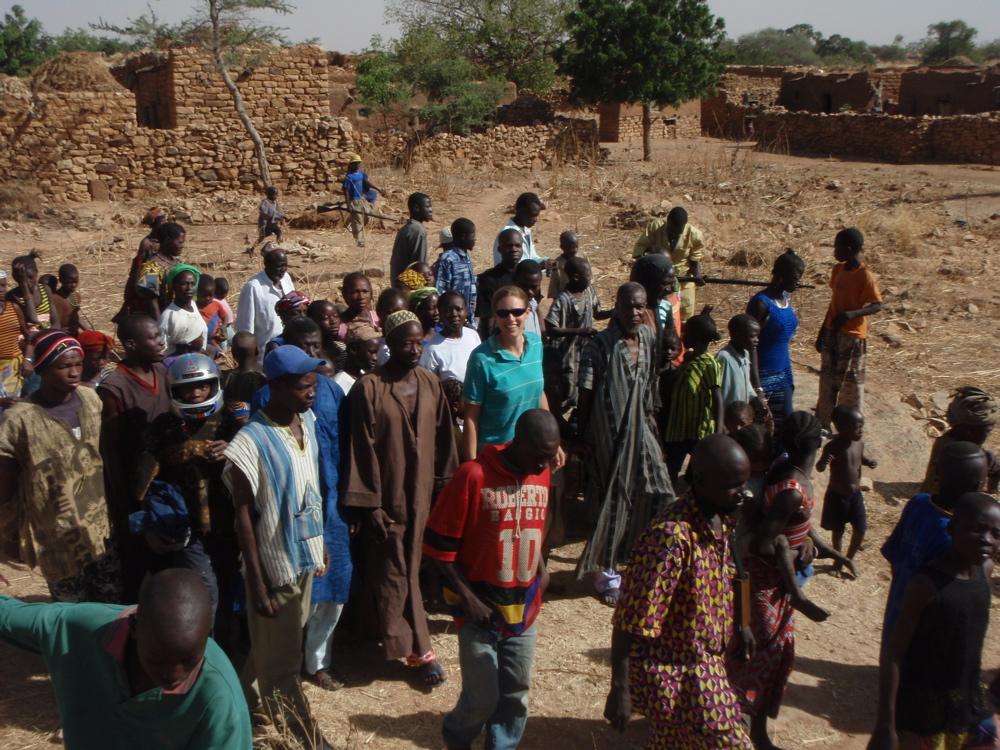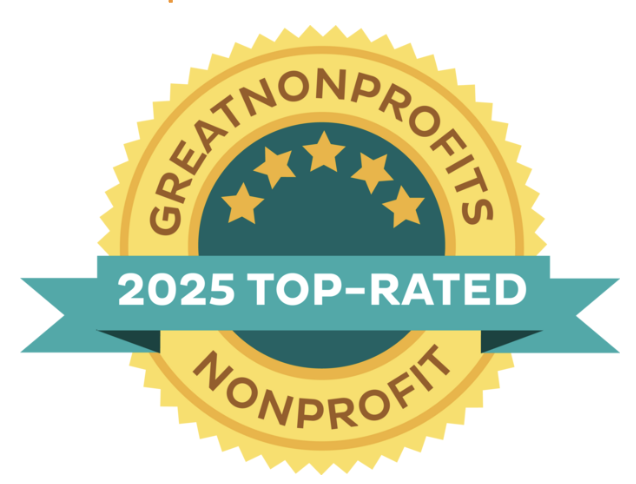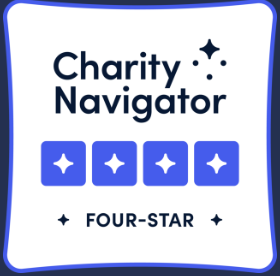Tandana's History
Founding Tandana
The seeds for The Tandana Foundation were planted in 1998, when Founding Director Anna Taft spent four months in the rural community of Panecillo, Ecuador, teaching English to local elementary students and forming relationships with so many people there. Grateful for the friendships she had been offered, she resolved to maintain her side of those relationships by staying in touch.
This 10-minute video filmed by a Tandana intern gives a beautiful overview of Anna's inspiration for starting Tandana in Ecuador:
Also in 2006, Anna spent four months in Mali immersing herself in a completely different culture and working with residents on community projects. Tandana supported its first community project in Mali in 2007: creating a school garden in the village of Kori-Maounde. In 2008, Tandana assisted with restoring a well in the village of Kansongho. This project was important because it solidified Tandana's relationship with the residents of Kansongho, which now serves as Tandana's center of operations in Mali.
Expanding Relationships
Tandana's volunteer programs have also grown since the foundation's beginnings. Each year, Tandana hosts approximately 15 volunteer groups, providing unique learning experiences to over 200 participants. Anna and the Tandana team have learned from each experience and found sustainable ways to improve and expand.
Shifting from Projects to Initiatives
Supporting Students
In the early days, Vicente Pazmiño (the current Logistics Manager) would visit schools and speak with the Directors, who would identify excellent students with economic limitations. If they met all the criteria, Don Vicente would make sure that the students received the uniforms, materials, and transportation funds they needed; he would also make sure they took good care of their school things and kept up their grades. Responding to the need students expressed for extra help in subjects such as English and math, Tandana soon offered summer vacation courses taught by volunteers to give an extra boost to scholarship recipients and other interested students.
In 2011, Tandana's scholarship program expanded to support university students. These students have a vision to “be a professional and help their families.” In exchange for Tandana's support, university scholarship recipients complete a set number of community service hours, using their new knowledge to help their communities.
Tandana has supported 287 students so far.
Growing an Organization
To meet the growing needs of supporting our relationships, initiatives, and programs, Tandana itself has had to grow as an organization. In 2004, Tandana's board consisted of three members. Today the board has 15 trustees with active committees, including Development, Human Resources, and Finance. Along with its Board of Trustees, Tandana receives feedback from its Advisory Council, which consists of three committees that give guidance on programs, medical direction, and risk management. Three to four Tandana volunteers and former staff members sit on each committee.
The staff is growing too. Administrative and program personnel span the globe, with some in the US, Haiti, Colombia, and of course in Ecuador and Mali. Full-time positions now include an Operations Director, a Mali Program Manager, and an Ecuador Program Manager, who help manage the myriad organizational details as well as directing the expanding part-time local staff who are vital to the professional quality of Tandana's work.
Finally, Tandana also values its vibrant internship and fellowship program in Ecuador, through which long-term volunteers live in the communities and contribute in meaningful ways to education, public health, environmental work, information technology needs, or volunteer program leadership. This program is one more way that Tandana demonstrates its commitment to forming strong, long-lasting intercultural relationships and promoting respect for individuals from diverse backgrounds.






